Manchester Arena Inquiry: Ambulance boss explains paramedics decision
- Published
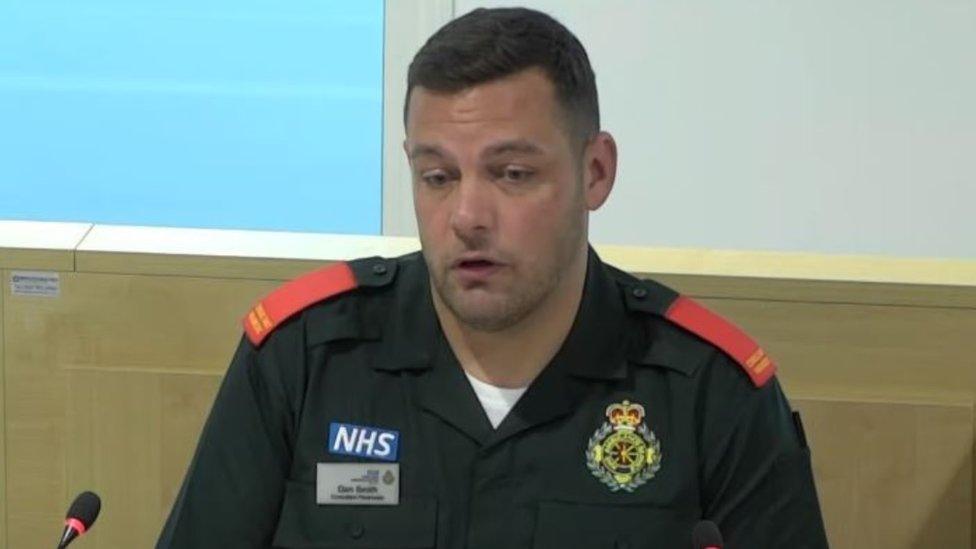
Consultant paramedic Dan Smith arrived at the arena 30 minutes after the bombing
An ambulance commander has defended his decision to not send more paramedics straight into the scene of the Manchester Arena attack.
Consultant paramedic Dan Smith told an inquiry into the 2017 bombing that policy meant the risk was too high to deploy unprotected colleagues.
The inquiry has heard how only three paramedics treated casualties in the City Room, where the bomb exploded.
Twenty-two people were killed and hundreds more injured in the blast.
Mr Smith was off duty and at home when the bomb exploded at the end of an Ariana Grande concert.
He drove on blue lights to the venue, arriving about 30 minutes after the detonation. He then took on the role of North West Ambulance Service operational commander.
Mr Smith told the inquiry that in his view "the policies and procedures that I am permitted to follow at the time did not allow for the deployment of any the resources that I had at scene into the City Room".
He added: "I think the expectations will always be that we will send multiple resources in to an incident scene like that.
"The reality, unfortunately has been that we would not. The thoughts have always been that paramedics don't work in that inner cordon area."
Mr Smith told the inquiry that he was worried about secondary devices and he considered the arena foyer to be a "warm zone" because he knew "the terrorist had been in that room and detonated a device in that room".
He admitted it would have been better to have had more paramedics treating patients in the foyer.
The inquiry also heard how plans for a major incident dictated paramedics should not become involved in treatment until "command and control" was in place.
The ambulance service's then major incident plan included the instructions: "It is imperative that the first three vehicles or the first six staff on the scene establish command and control of the incident.
"They will not become involved in patient triage or treatment until appropriate command and control has been established."
Patrick Ennis, who was the first paramedic to arrive at the scene, decided to self-deploy into the foyer, where the bomb was detonated, more than 20 minutes after the blast instead of waiting for colleagues to join him.
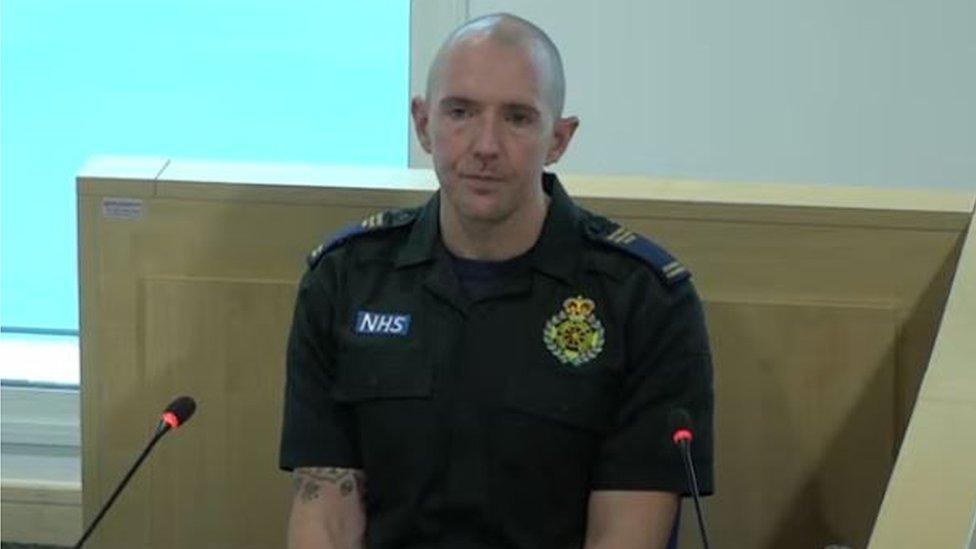
Patrick Ennis was one of three paramedics to work at the scene of the blast
He said he gained "situational awareness" of the scene and left the foyer for a short time to update Mr Smith on the Victoria railway station concourse downstairs.
He told the inquiry armed police officers "made it clear" to him they felt the area could not be declared safe in the City Room because the possibility of secondary devices had not been ruled out.
Inquiry chairman Sir John Saunders said: "The armed police couldn't give you any guarantee there was not another unexploded device in there but the place was ringed with them by the time you were working in there.
"They were all round there giving protection and with great courage, no doubt, you decided it was safe enough for you to work, as others did."

Why not follow BBC North West on Facebook, external, Twitter, external and Instagram, external? You can also send story ideas to northwest.newsonline@bbc.co.uk
Related topics
- Published25 May 2021
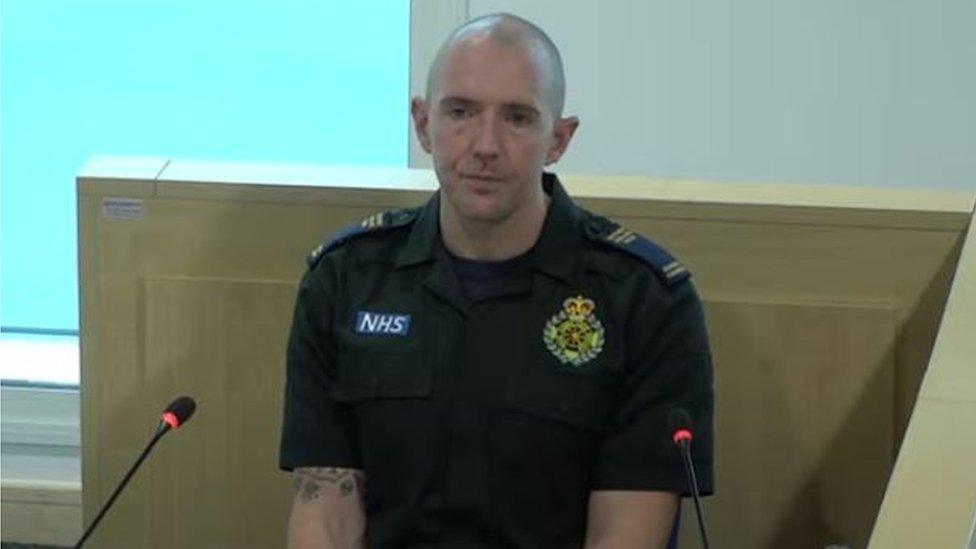
- Published24 May 2021

- Published20 May 2021
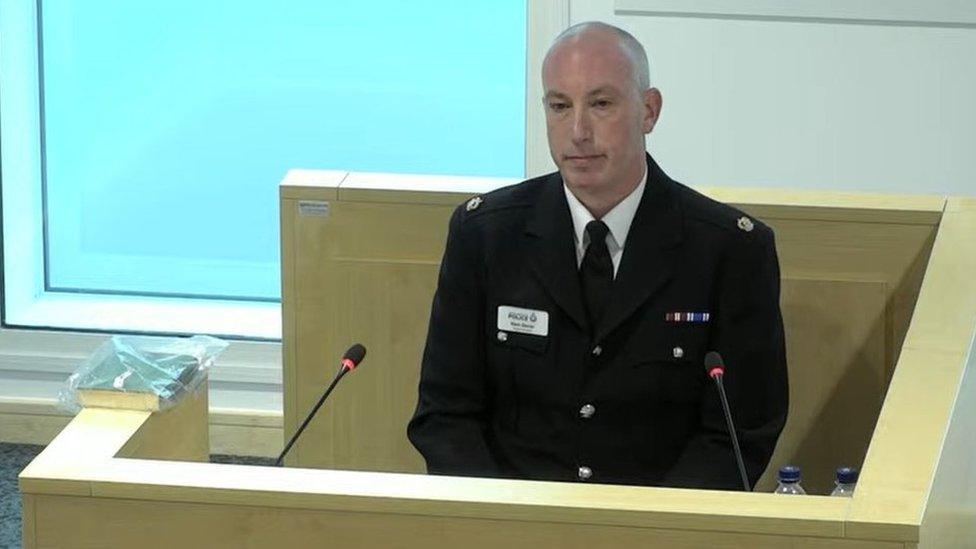
- Published19 May 2021
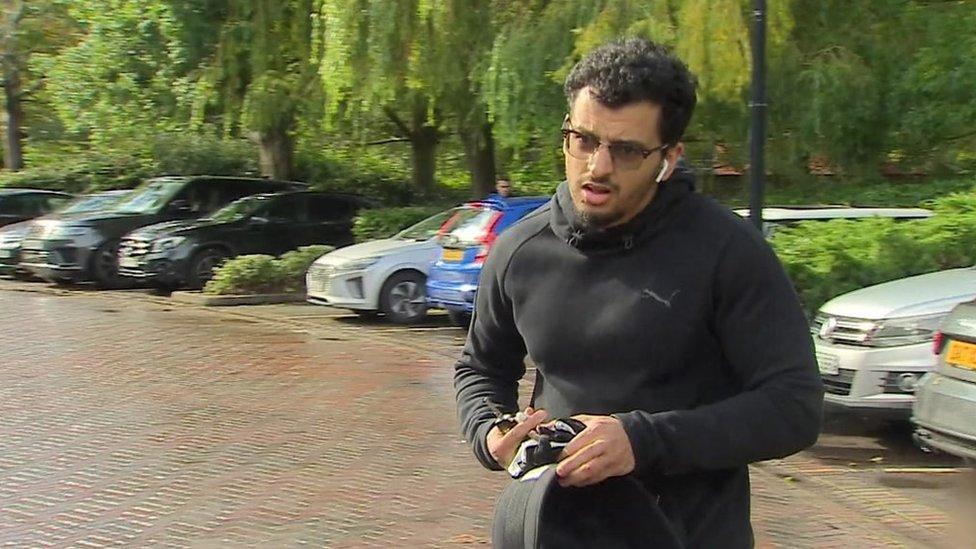
- Published18 May 2021
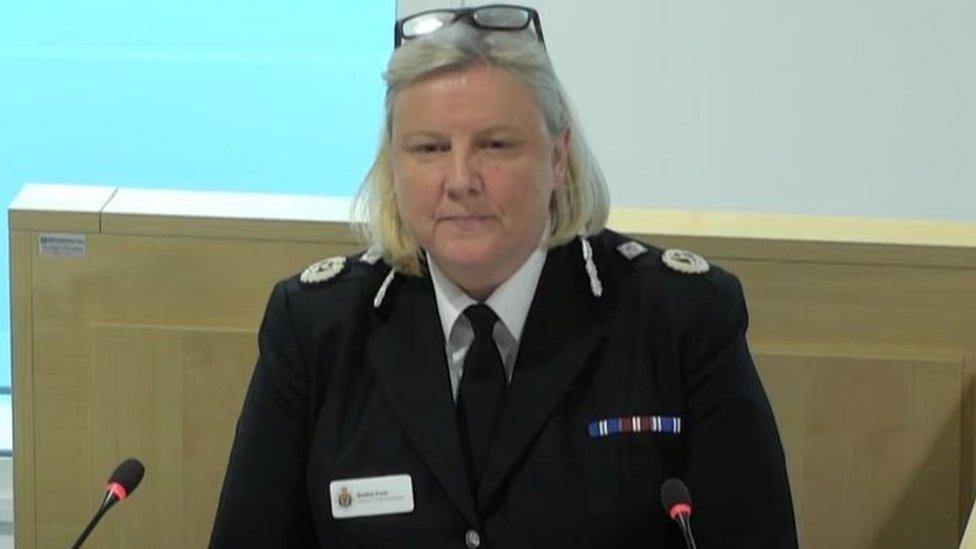
- Published17 May 2021
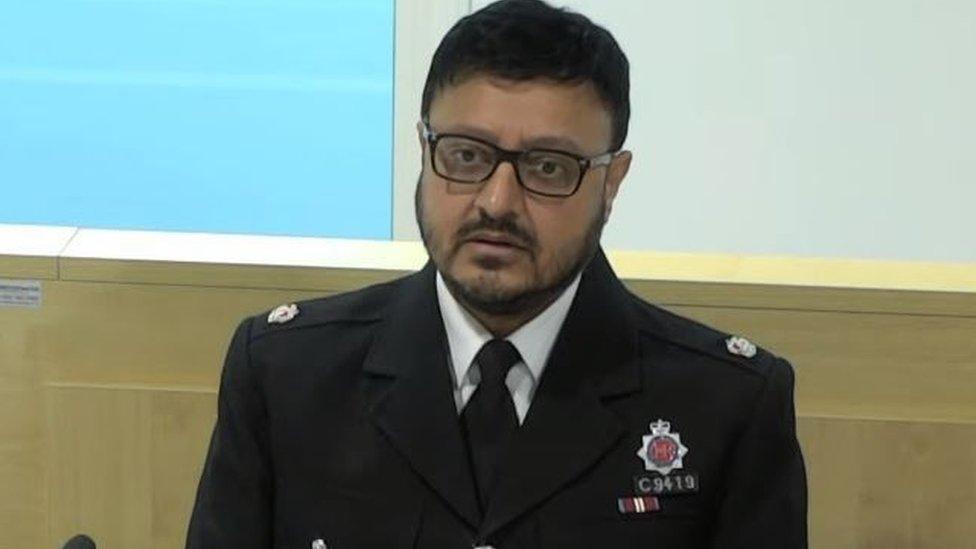
- Published13 May 2021
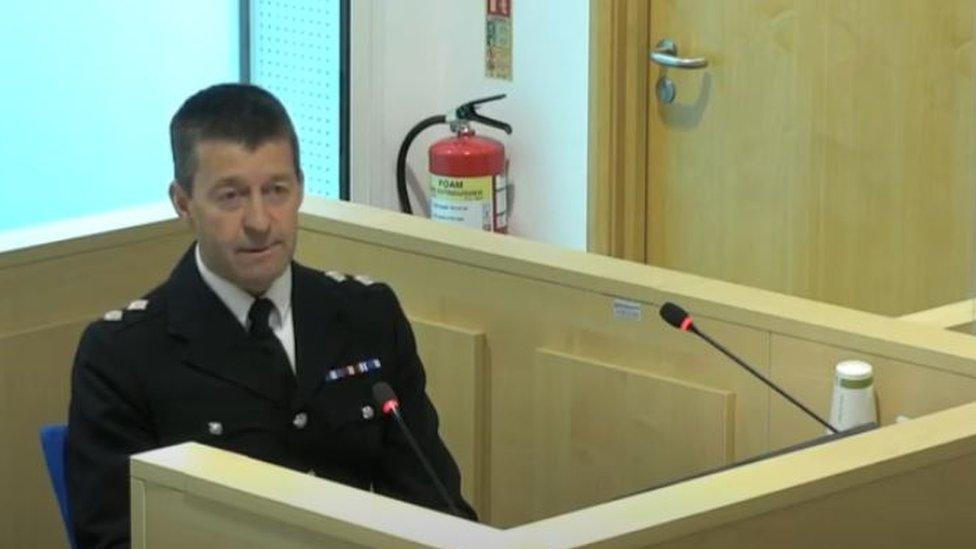
- Published7 May 2021
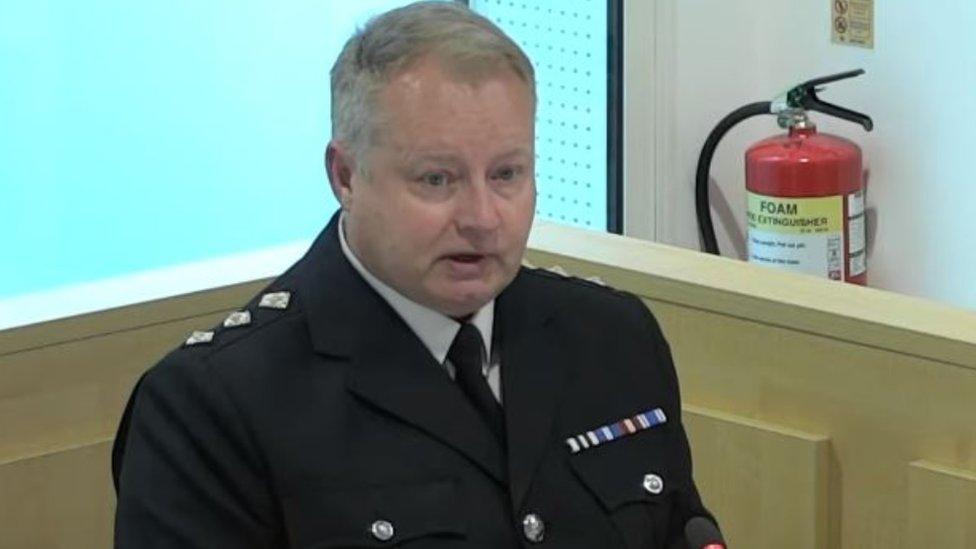
- Published6 May 2021
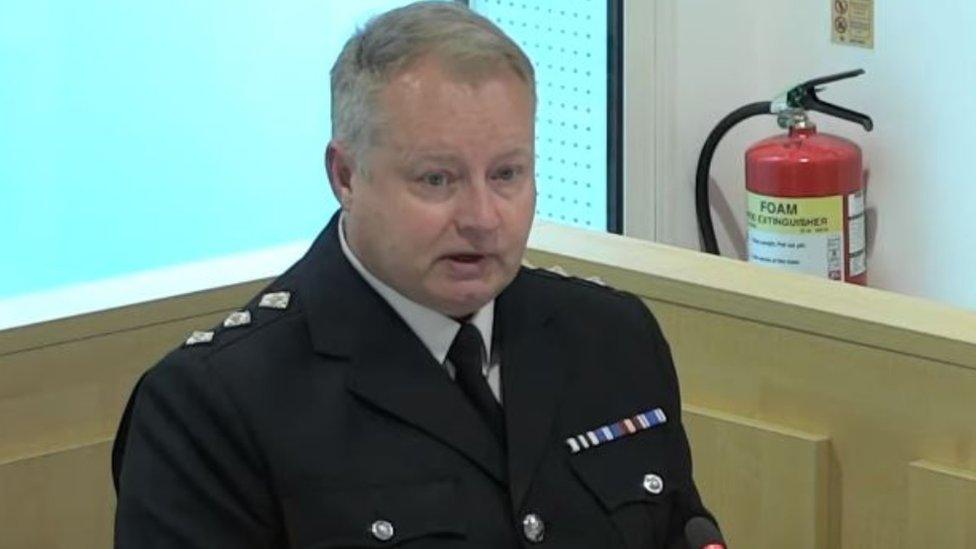
- Published5 May 2021
